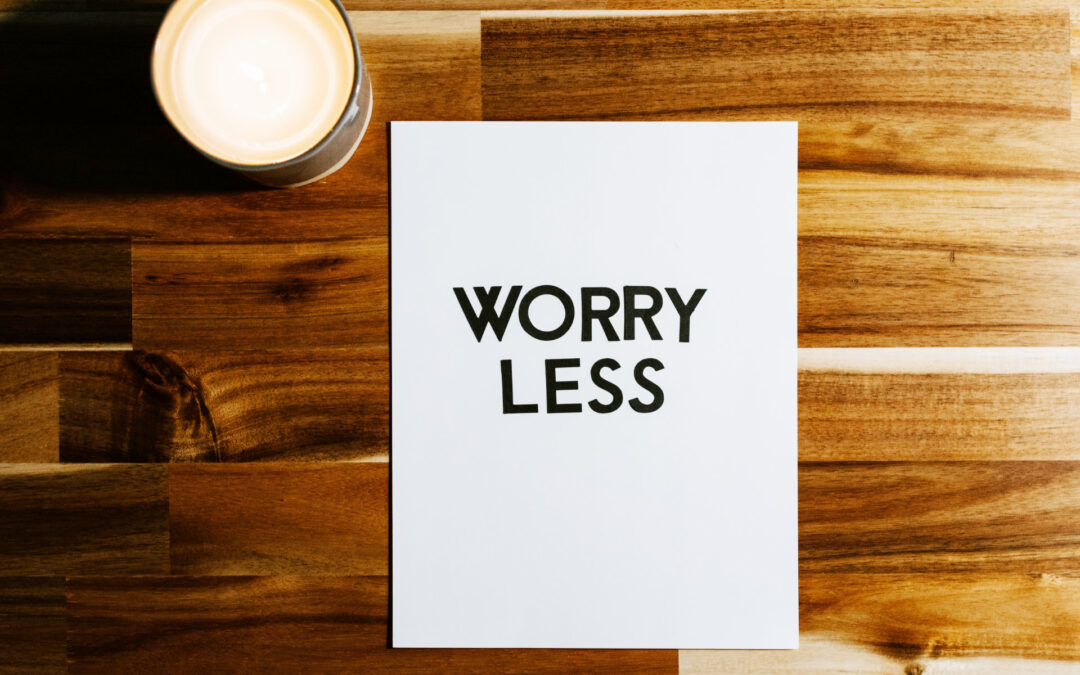Use the following tips to help reduce your stress.
1. Recognise When you are Stressed:
The first step is to recognise that you are stressed. It is amazing how many people maintain high levels of stress and that becomes their modus operandi. When they get to that point, they don’t even realise that they are experiencing stress. If you are in this situation you need to reflect back to a time when you were not constantly stressed out and recapture that feeling of calm.
2. Go to Your Happy Place:
Close your eyes and imagine what it would be like if you were in your favourite place or your happy place. Is it on an island or a beach somewhere? Or perhaps you are more adventurous and remember an exciting holiday destination. Wherever you go, it is important to imagine yourself being there. What do you see? What sounds do you hear? What can you smell? How do you feel?
3. Find a Place That is Quiet:
You need a place where you can go just to get away from it all. Go on a date with yourself. Even if that is for only five to ten minutes a day. It can work wonders to reset your internal batteries and can help you continue on. It could be in a remote area of a park or it could be going to a sauna in a gym or a massage.
4. Connect Socially:
We need contact with each other. Face-to-face contact is the best but if that is not available connect with people on social media. Strive to stay off business and political topics when you are stressed out. These will only add to your stress. Consider talking about music, funny stuff, or whatever you and your friends would like to talk about.
5. Volunteer:
Volunteering can help people see that their lives aren’t always as bad as they thought. When they see others that are worse off and have the ability to help those people, the stress levels can be drastically reduced.
6. Exercise:
Exercise is a proven stress reducing activity. If you are extremely stressed out, consider trying higher impact type of activities like Kickboxing or some kind of boot camp. Exercise can actually help prevent onsets of stress from happening in the first place and can reduce the effect when it does.

7. Diet:
Because stress is an energy-robbing force, maintaining a diet that can replenish our energy is an important part of combatting it. Avoid foods that make you sluggish and sleepy. Eating fruits and nuts are great energy foods. Drink lots of water to stay hydrated as well.
8. Go on Holiday:
Companies offer holiday leave to their employees for a reason. It gives the employees the ability to live life outside the company. It also helps the employees get away from the situation that may be causing stress and lets them see that there is more to life than just work. Even a weekend break can re-energise you and make a big difference to your stress levels.
9. Spend time with Family:
Even if you choose not to go on holiday, spend more time with your family. You can plan day trips here and there or you can just all be with each other for short periods of time each day. If schedules are scattered, try to set up at least once a week where the whole family must be together for dinner.

Actionable Steps:
1. Write down two places that you consider your happy places. Think about these whenever you feel stress is getting the better of you.
2. Plan your next holiday even if you have a bit of time before you can take it. Just the act of doing research for it can put you in a better mood.
3. Find an organisation to volunteer for. Try to do it at least once a month.

